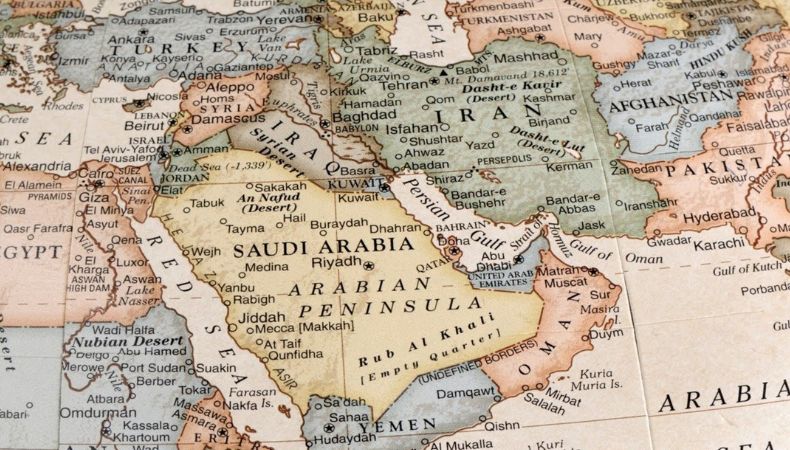Geopolitical instability in the Middle East and its impact on global oil markets

The Middle East is a major source of the world’s crude oil. It produces over 30% of the world’s total crude oil. This instability in the Middle East region has been a hotspot for political tensions for a long time. These tensions can significantly impact the global oil markets. Any disruption to oil production or transportation in the Middle East can lead to a shortage of oil supply, which can then affect oil prices worldwide.
The instability in the Middle East is home to some of the top oil-producing countries, including Saudi Arabia and Iran. Saudi Arabia is the world’s second-largest oil producer, accounting for over 12% of global crude output. Iran is another major player, producing 3.3% of the world’s crude oil and having vast oil resources.
Escalating tensions between Iran and Israel
The recent tensions between Iran and Israel have escalated further. On April 13, Iran launched a series of drones and missiles on Israel, which was the first direct attack on Israel from Iranian territory. This attack was in response to a suspected Israeli strike that killed top Iranian officials in Syria.
The tensions between the two countries have been rising since Israel’s military operation in the Gaza Strip. Israel has vowed to retaliate for the drone and missile attacks, but the details of their response are still unknown. The potential options range from a strike on Iran’s nuclear facilities, which would be a high-risk and aggressive move, to cyberattacks on military infrastructure or actions against Iranian proxy groups.
Steady crude oil prices amid the tensions
Despite the escalating tensions between Iran and Israel, the prices of both Brent and WTI crude oil futures have remained relatively stable, without significant fluctuations in recent trading sessions. The main reason for this instability in the Middle East is the uncertainty surrounding Israel’s response to Iran’s attacks.
While Israel is planning a counterattack, the timing and extent of their response are still unclear. Market analysts are closely monitoring the situation, but they warn that if the tensions continue to escalate, crude oil prices could quickly rise to $100 per barrel. On the demand side, there are signs of a slowdown in China’s economic activity in March, which could also impact global oil consumption.
Keep Reading
Sanctions and counterattacks
In response to Iran’s aggression, the White House has decided to impose new sanctions on the country. The US National Security Adviser, Jake Sullivan, announced that these sanctions will target Iran’s missile and drone programs, as well as groups supporting the country’s Revolutionary Guard Corps and its defence ministry. The goal of these sanctions is to deter Iran from further escalating the conflict and potentially mitigate the impact on global oil supplies.
The steady crude oil prices amid the escalating tensions between Iran and Israel can be attributed to the uncertainty surrounding Israel’s response and the potential impact on oil supplies. However, the situation remains highly volatile, and any further escalation could quickly lead to a significant spike in oil prices, with far-reaching consequences for the global economy.








